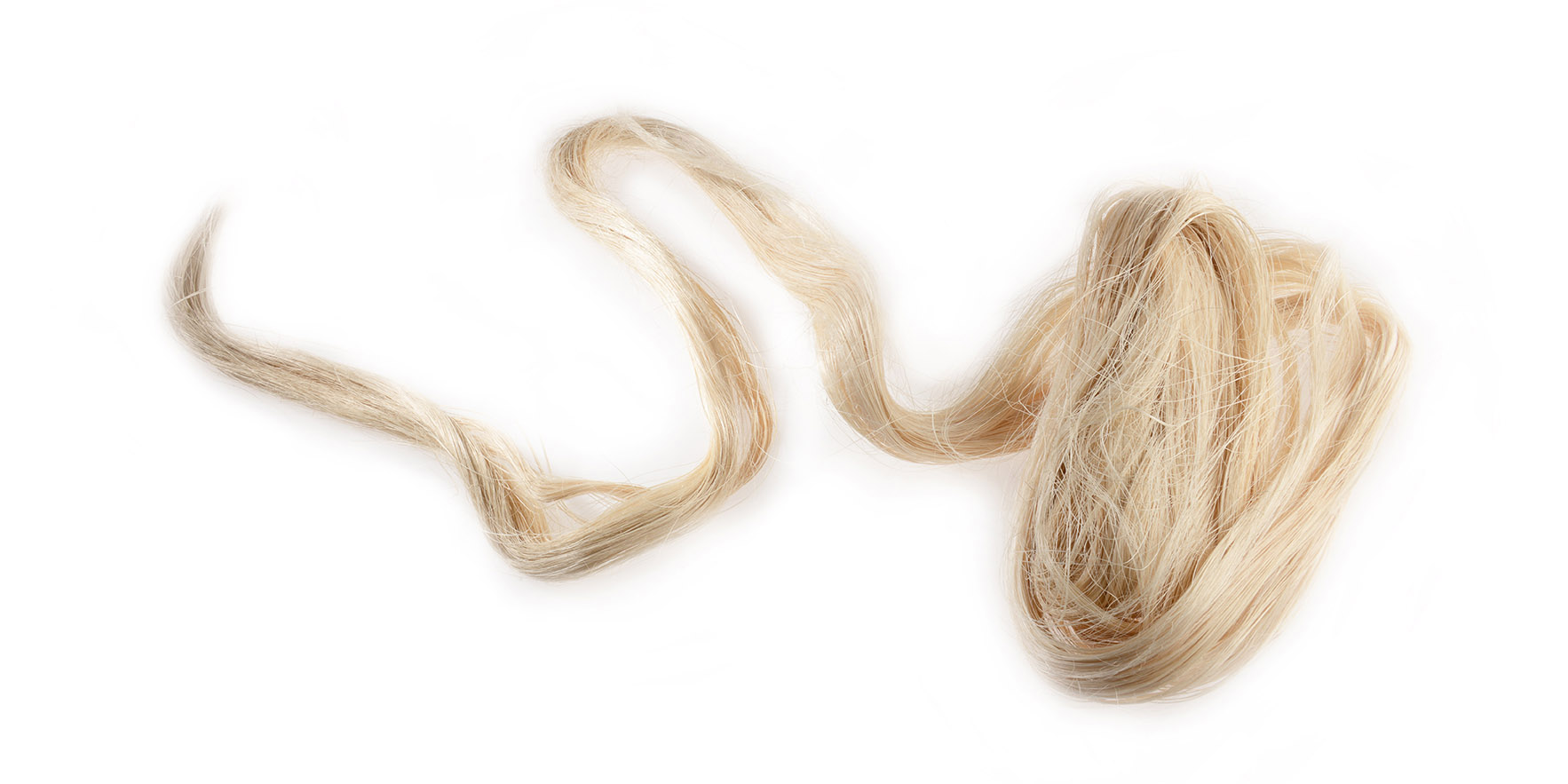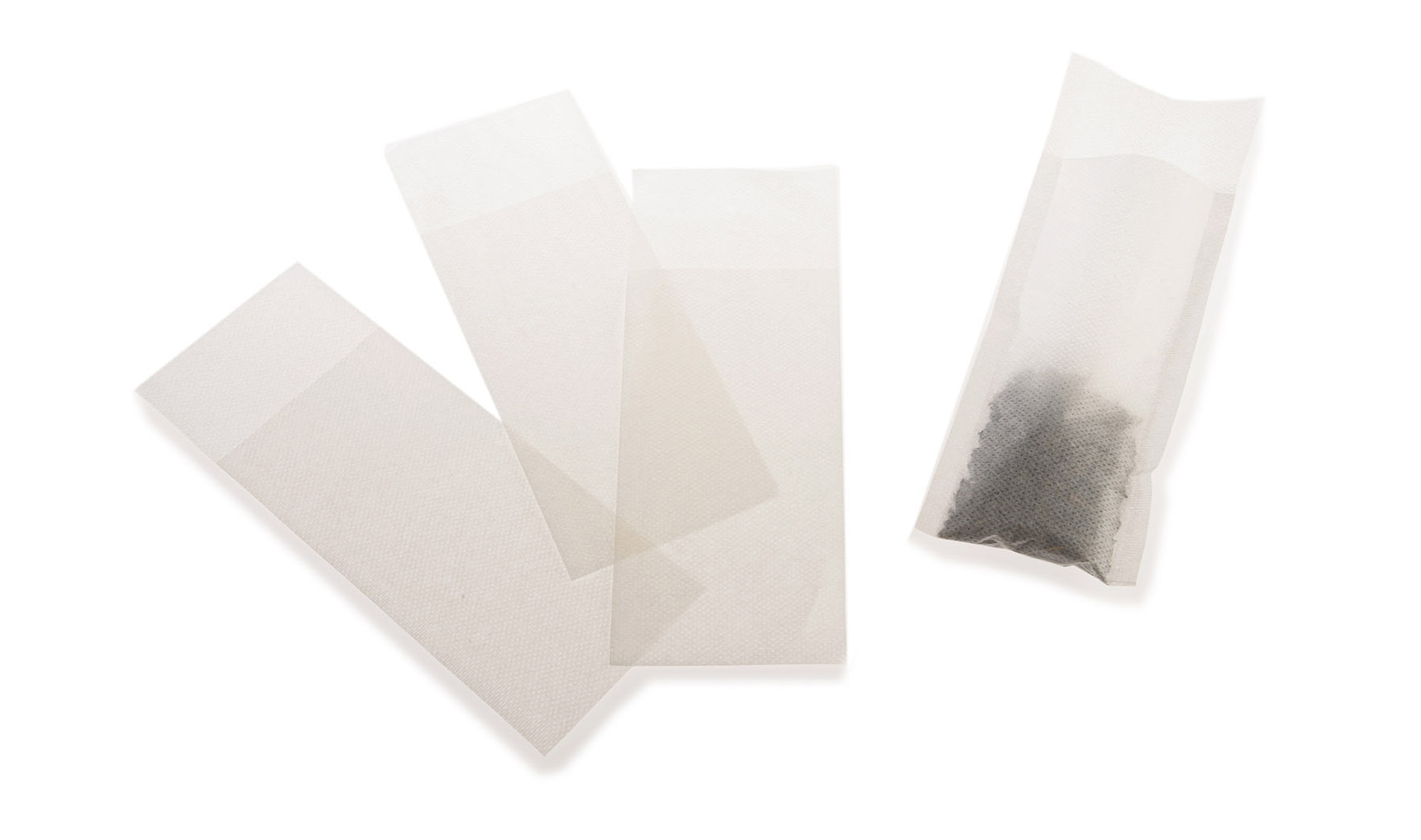Abacá (originally Musa texitilis), Philippine spelling Abaka, is also referred to as Manila hemp, banana hemp or Musa hemp. Abacá is a plant species from the genus (Musa) in the banana family (Musaceae), and is used as a fibre plant. Abacá is mostly cultivated in the Philippines but also in Ecuador and in Costa Rica. The fibres, which are very long compared to other natural fibres, are extracted from leaf sheaths surrounding the stem of the plant. The fibres are removed (by hand or with a machine) from the stem’s leaf sheaths, left to dry in the sun and pressed into bales.
The fibres are up to 3.7 m in length and contain a very high amount of lignin; they are very robust, highly buoyant and resistant to salt water.
In 2016, the Philippines produced some 62,000 tonnes, whereas Ecuador produced “merely” 10,000 tonnes. Worldwide production is worth approx. 30 million Dollars per year.

ROPES/CORDAGE
A distinguishing feature of Abacá is that the fibres have a high tear-resistance even when wet. That is why cordage made from Abacá fibres was preferred during the sailing era. Yarns and ropes are still produced from Abacá to this day, however, the manufacture of these products has somewhat declined in importance.
PAPER
Nowadays, the fibre is more often used as a raw material in the pulp and paper industry. Paper manufactured from Abacá fibres is fine-pored, permeable, tear-resistant and neutral in taste. Paper for everyday use (such as sausage casing, tea bags or coffee pods) is produced from the pulp of Abacá fibres. Other uses in the industry include the production of bank notes, filter paper in the automotive industry, capacitor paper (electronics) as well as cigarette paper.
